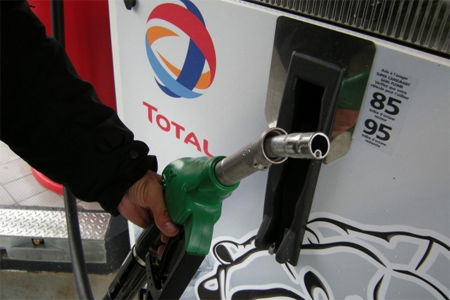2022 "Most volatile year on record" for fuel prices, competition watchdog finds
Fuel prices faced their "most volatile year" in 2022, according to a review published by the Competition and Markets Authority.

A review by a competition watchdog has found that 2022 has been particularly complicated with regards to fuel prices.
The Competition and Markets Authority (CMA) has found that 2022 has been the “Most volatile year for fuel prices on record,” according to its review.

A study into fuel prices was launched by the CMA in July, and its first findings and analysis have now been published. The study took financial data from fuel retailers, wholesalers and refiners, and also looked at the past five years in comparison to the ‘urgent review’ commissioned by the government in the summer to look at whether the fuel duty cut announced in March was being passed onto retail consumers.
The CMA found that fuel prices rose by 50p per litre from January to July. In the time since July, petrol has fallen by 31p, while diesel is 14p cheaper now than in July. “This is largely due to Western Europe’s reliance on imports of diesel, but not petrol, from Russia,” the CMA says.
Refiners’ margins have risen, the CMA found, but also that this is not down to a lack of competition, and “UK refiners have not earned profits at levels that would give us cause for concern,” it said.

Several areas require further investigation. These include:
- Price variations between local areas, where the CMA found that prices are likely to be higher in places where there are few or no competitors nearby, or where there is no supermarket petrol station.
- Increase on annual fuel margins (the price paid by the retailer for fuel versus the price they sell the fuel for) for retailers, the causes for which are “not yet clear,” according to the CMA. Fuel margins for retailers had increased by 2-3p per litre from 2017-2021 on diesel, and by 3-4p per litre on petrol in the same period, the CMA found. “This could be accounted for by other cost rises for retailers or weaker competition on fuel,” it said.
- ‘Rocket and feather’ pricing - which is the practice of rapidly increasing retail prices when wholesale costs rise but only slowly reducing the retail price when the wholesale costs lower - had not been evident before 2022, but was evident in 2022, especially in diesel prices. “This could be driven by the extreme volatility of prices and supply in 2022,” the CMA said.
CMA Interim Chief Executive, Sarah Cardell said:
“It has been a terrible year for drivers, with filling up a vehicle now a moment of dread for many. The disruption of imports from Russia means that diesel drivers, in particular, are paying a substantial premium because of the invasion of Ukraine. A weaker pound is contributing to higher prices across the board too.
“There are no easy answers to this. The question for the CMA is whether a lack of effective competition within the UK is making things worse. Although it is only a small proportion of the overall price, the increase in margins for many fuel retailers over the last few years is something we need to investigate further. The key thing we need to establish next is whether this development is down to competition problems or not.”

